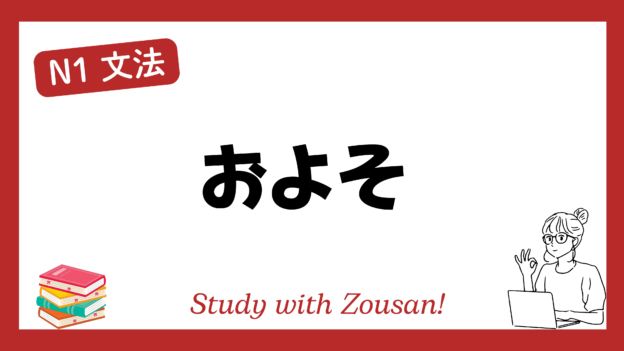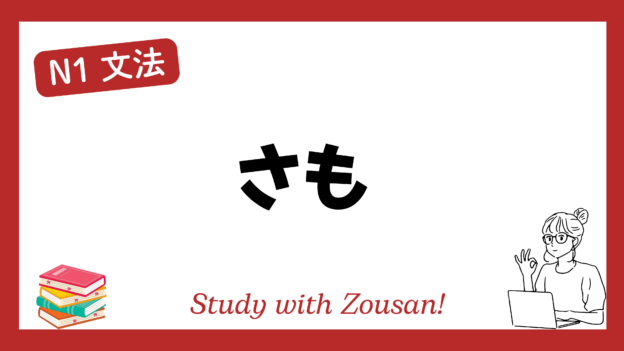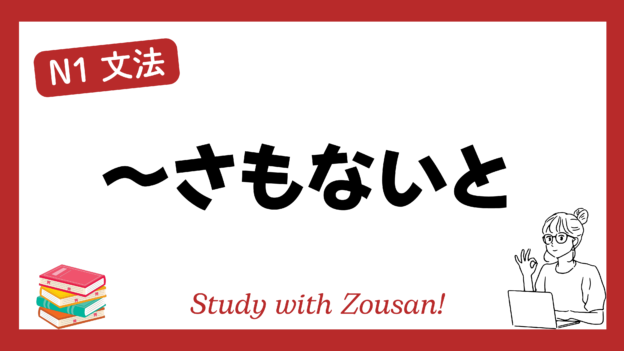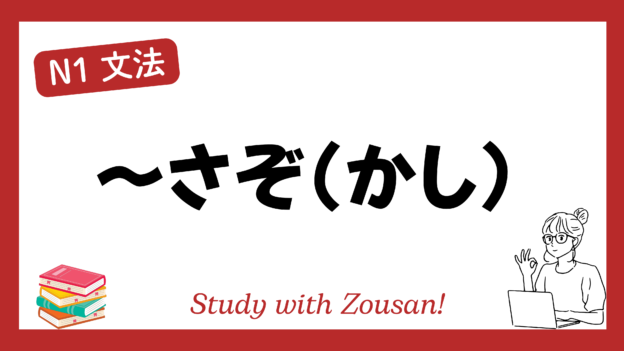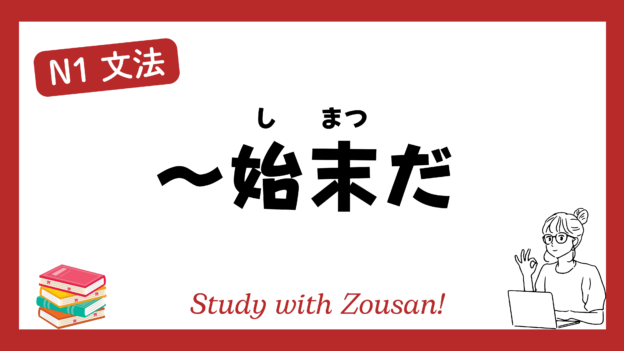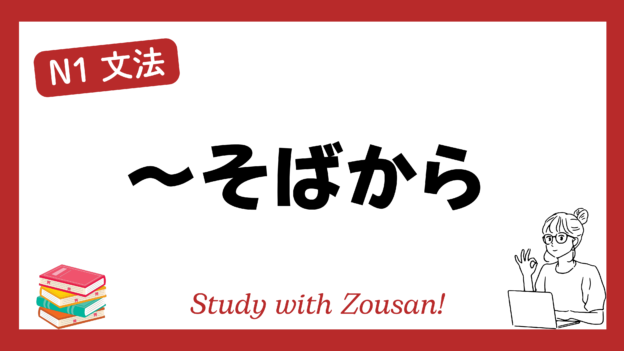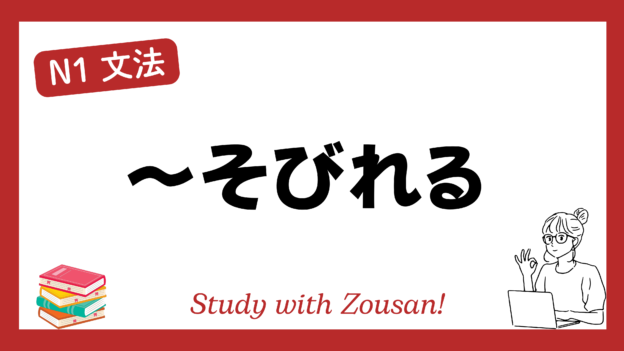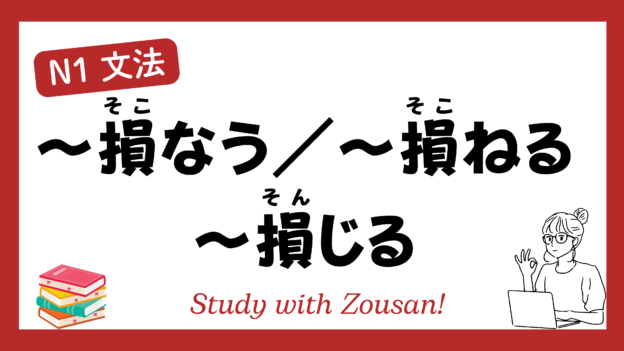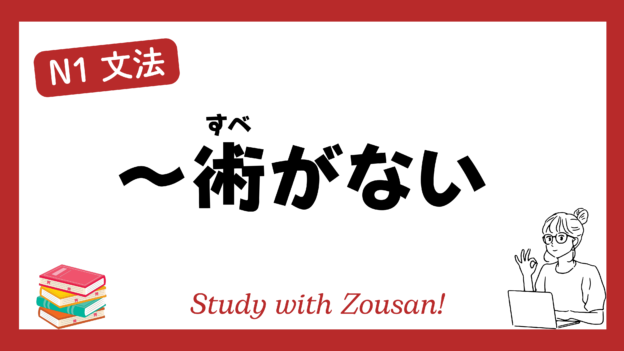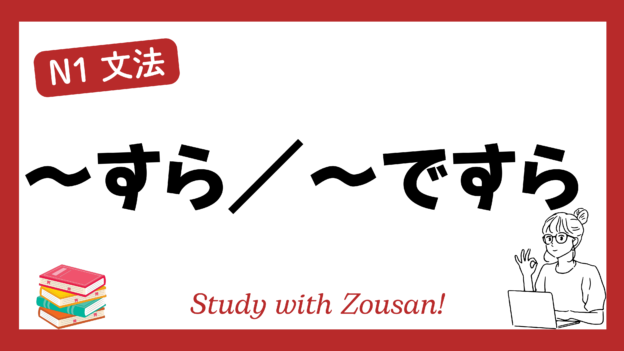Meaning: “Approximately…”, “About…”
This structure is used to express an estimated number, time, or quantity. It is commonly found in formal situations or written language, especially when discussing broad estimates.
※Note: This is a formal expression, often used in official documents or speeches to express estimated numbers or time.
Structure:
| およそ + | something to be approximated |
Example:
-
-
-
🌟 およそ100人が会議に参加しました。
(およそ 100 にん が かいぎ に さんか しました。)
Approximately 100 people attended the meeting. -
🌟 この仕事はおよそ1週間で終わる予定です。
(この しごと は およそ いっしゅうかん で おわる よてい です。)
This job is expected to be finished in about a week. -
🌟 およそ2時間後に結果が発表されます。
(およそ にじかん ご に けっか が はっぴょう されます。)
The results will be announced in about two hours. -
🌟 およそ1ヶ月前にそのプロジェクトが始まりました。
(およそ いっかげつ まえ に その ぷろじぇくと が はじまりました。)
The project started approximately one month ago. -
🌟 この川の長さはおよそ500キロメートルです。
(この かわ の ながさ は およそ 500 きろめーとる です。)
The length of this river is approximately 500 kilometers. -
🌟 およそ10年前に彼はこの町に引っ越してきました。
(およそ じゅうねん まえ に かれ は この まち に ひっこしてきました。)
He moved to this town approximately 10 years ago. -
🌟 およそ100万円の費用がかかると予想されています。
(およそ ひゃくまんえん の ひよう が かかる と よそう されています。)
It is estimated to cost approximately 1 million yen. -
🌟 およそ3日でこの作業は完了します。
(およそ みっか で この さぎょう は かんりょう します。)
This task will be completed in about 3 days. -
🌟 およそ20パーセントの増加が見込まれています。
(およそ にじゅう ぱーせんと の ぞうか が みこまれています。)
An increase of approximately 20% is expected. -
🌟 およそ5キロ歩いたところで休憩しました。
(およそ ごきろ あるいた ところ で きゅうけい しました。)
We took a break after walking approximately 5 kilometers.
-
-


